Maslenitsa is rightfully considered one of the most beloved holidays among Russian citizens. This celebration, celebrated in ancient Russia, has pagan roots. It is noteworthy that the holiday itself lasts a week, and each of her days has its own, special name. In this article we will talk about Monday - the first day of the carnival, consider traditions and rites, as well as folk signs associated with the celebration.
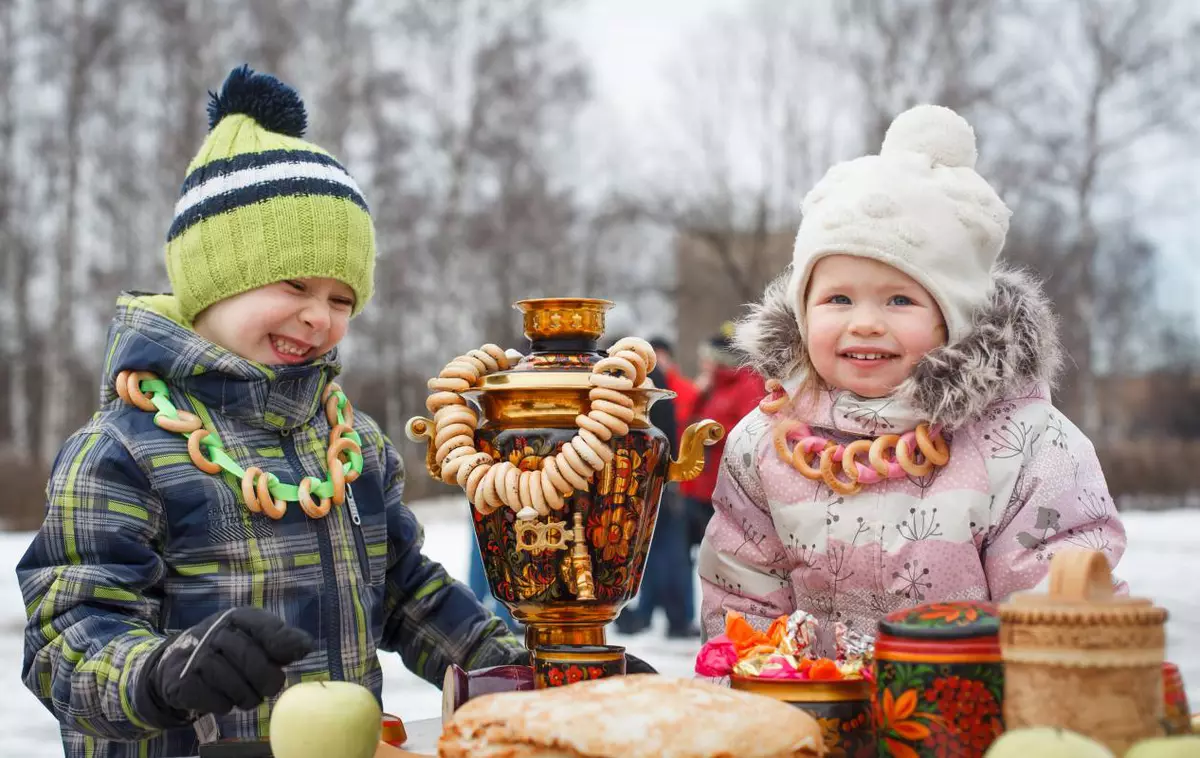
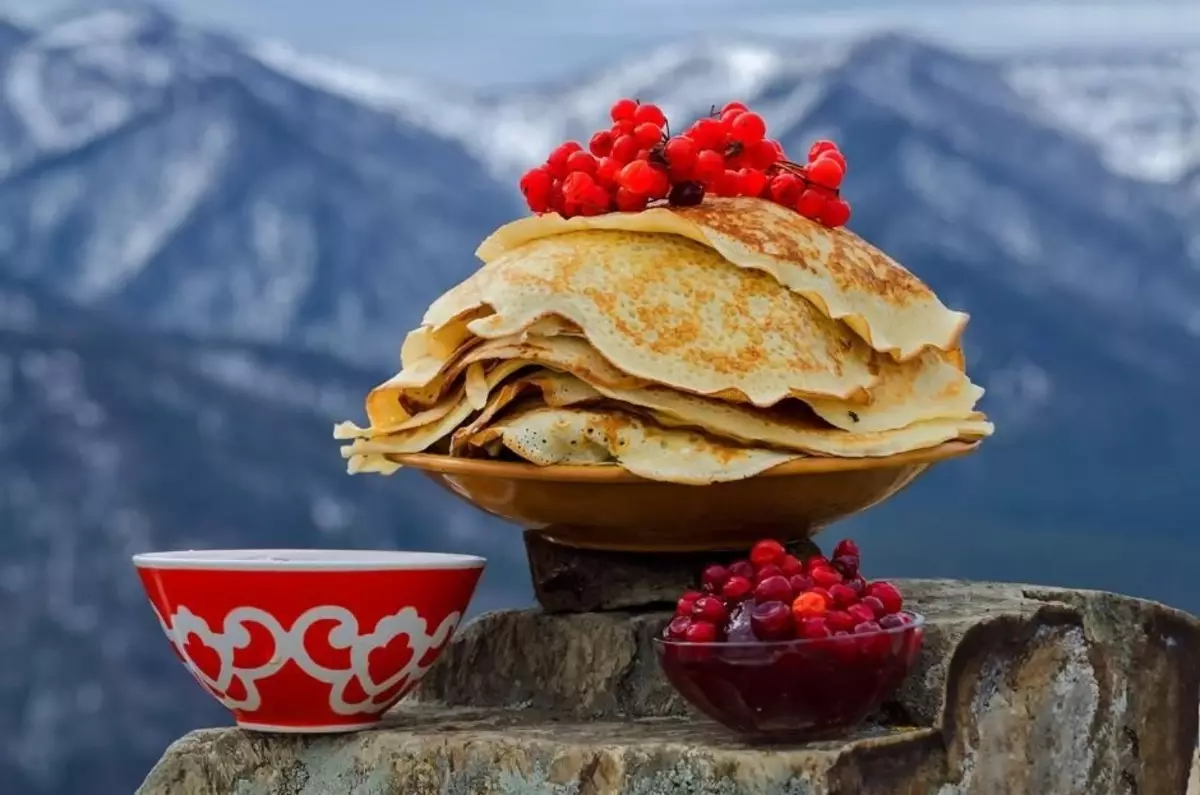
What does it mean?
Maslenitsa is a holiday that has noted even Ancient Slavs. Celebration symbolized the care of the winter and the onset of fertility and life. In Orthodoxy, this holiday is called the cheese week - a week that precedes a great post.
There are no certain numbers in which the celebration is celebrated, no, every year they are different. The time of the celebration depends on Easter.
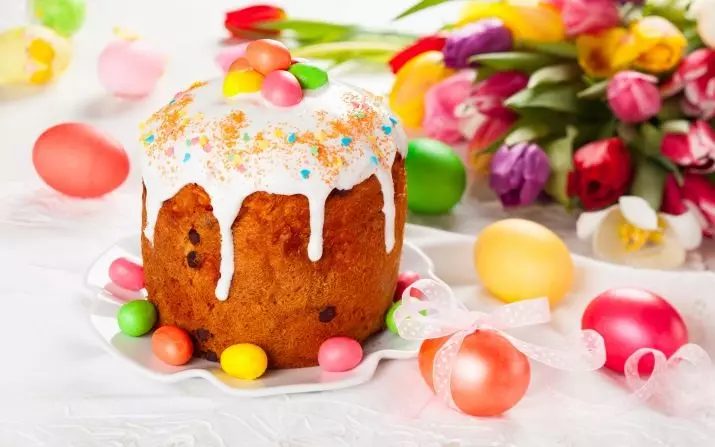
The first day of the carnival is always Monday. He is called "Meeting". This day belongs to the so-called narrow carnival - a holiday that will last until the end of the medium will continue to begin. The name "Meeting" was given to Monday, it is no coincidence that there are two reasons.
The first is pretty obvious: This day becomes the start of the upcoming stormy week. On Monday, Carnival meet, harvesting products for the future 6 days and determining the recipes of dishes that can be prepared.

The second reason for the name lies in ancient customs: In Russia, on Monday, the daughter-in-law went to the parents from the morning, and in the late afternoon she was greeted her husband's parents, taking back and agreed on where general meetings and a walking will be held. However, not only matchmakers met: on this day, relatives, friends and acquaintances went to visit each other, bringing symbolic gifts.
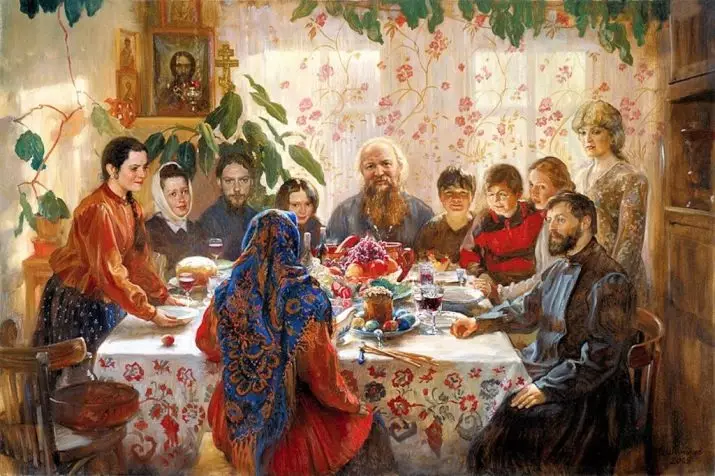
How to celebrate?
The passenger week, beginning on Monday, has always been held on a specific scenario, and most of the ancient customs and traditions have been preserved to this day. On Monday, the hostess, as already noted, buy products to a festive table. If the family adheres to religious principles, it is very important that there was no meat. But eggs, fish, all kinds of dairy products are allowed in abundance. Partly a large amount of oily food and gave birth to the holiday - Maslenitsa.
On Monday, women begin the bake pancakes, and always this is a very large amount.
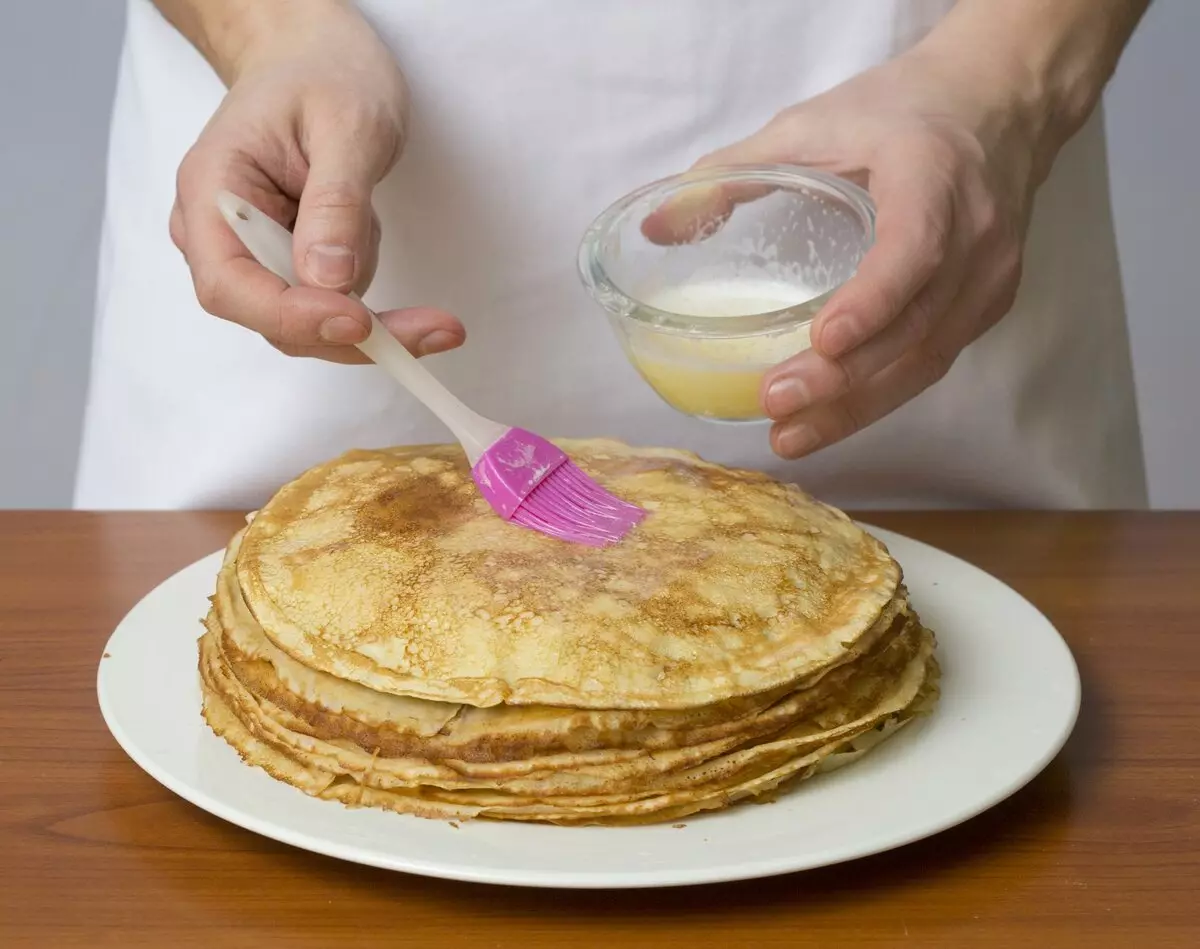
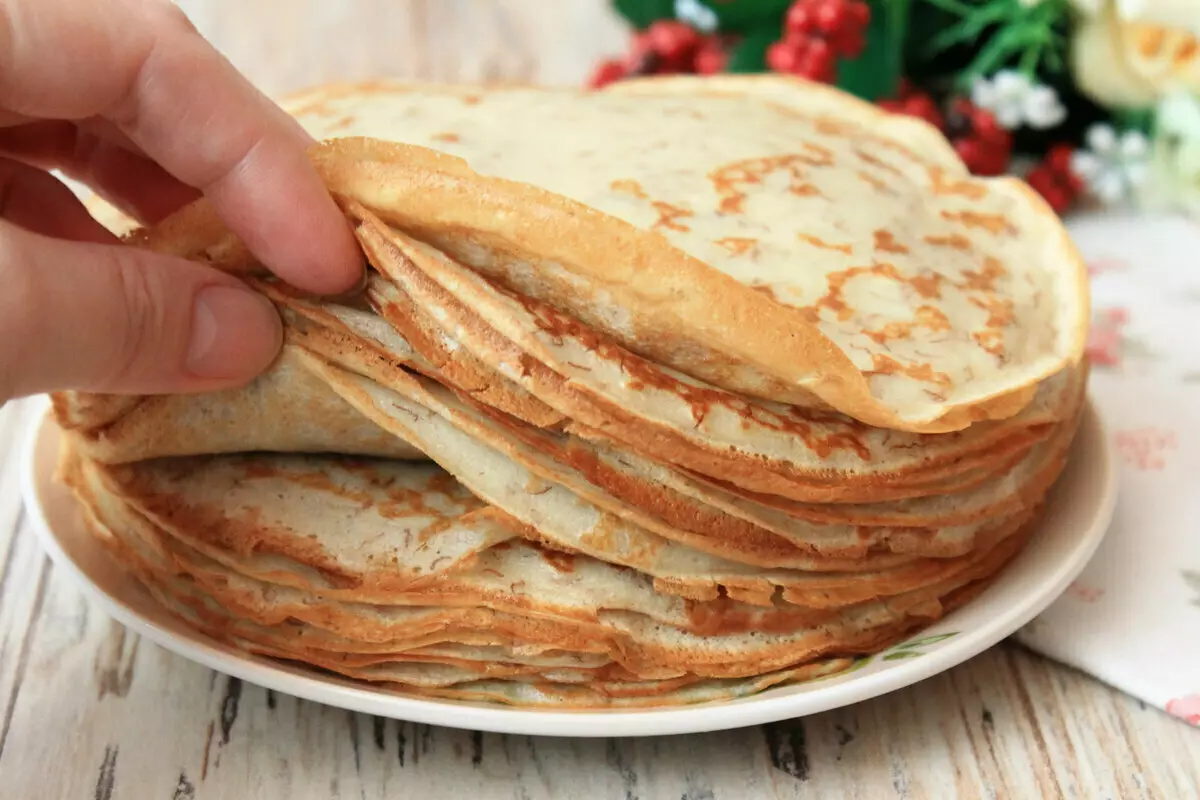
Recipes can be any: it is thin, and fat, and openwork pancakes. According to custom, the first pancake must be given to the lowest neighbors or familiar who do not have enough finance for the celebration. These people should eat damn, remembering the ancestors of those who gave him.
This custom came from antiquity, because before the pancakes were not only the symbols of the sun, but also a memorial loaves. In ancient Russia, they were put on the attic to treat the ancestors, and also handed out on the streets.
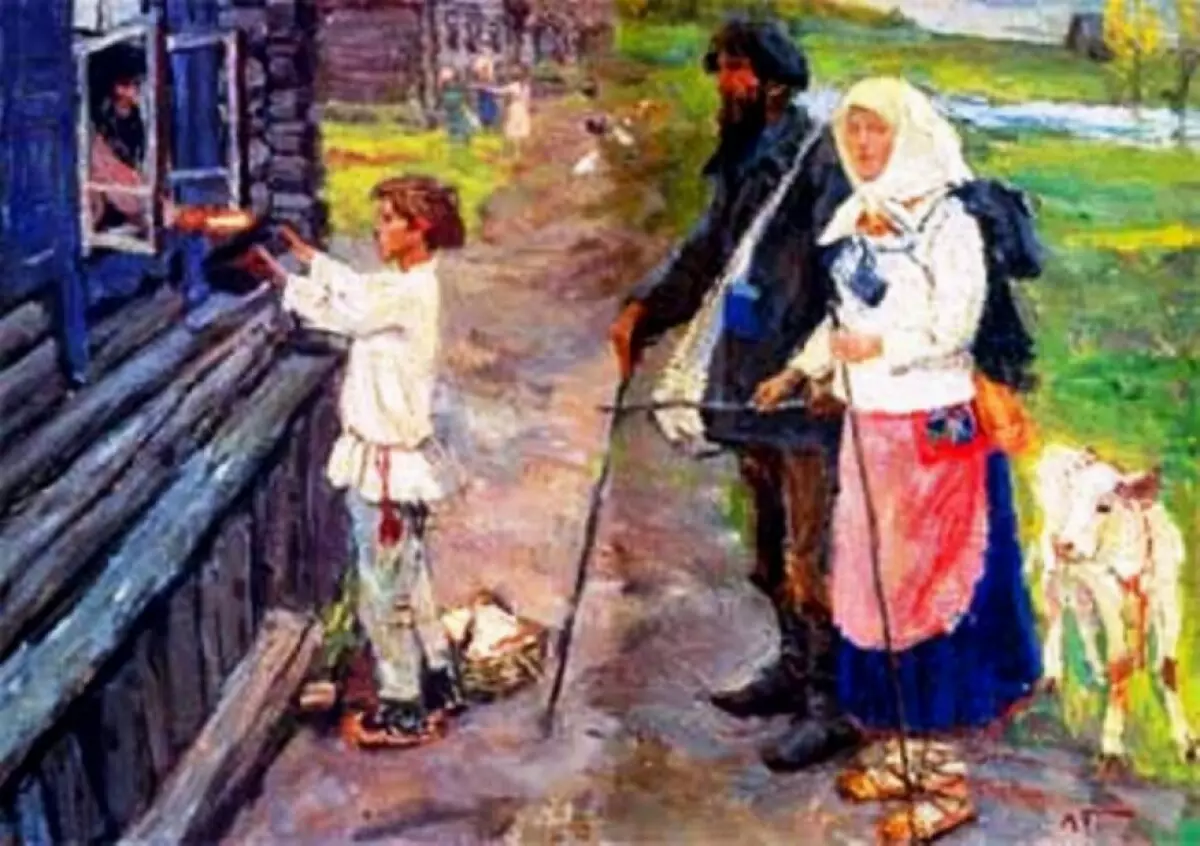
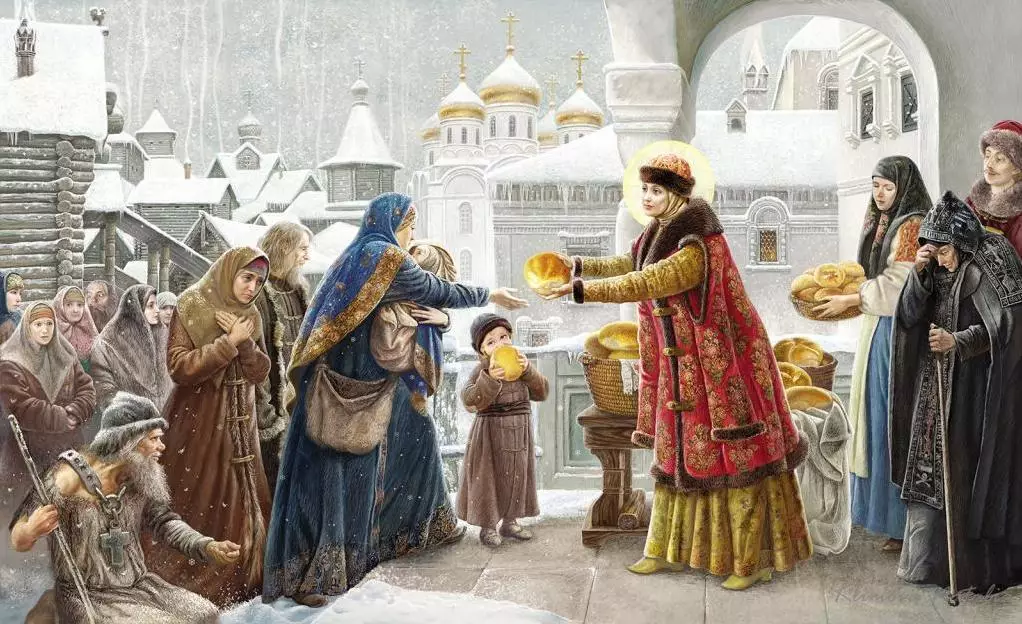
If the hostess wants to hit the guests with his fantasy, then it can prepare not only pancakes, but also a whole pancake doll. This is a very popular tradition. There are no clear guidelines for the appearance of the doll, it can be done both exclusively from pancakes and with the help of an ordinary children's toy. The resulting doll is beautifully decorated, putting on her "clothes", consisting of openwork pancakes. Weep your head: Kokoshnik, hat, handkerchief. Naturally, he is also edible. For a more interesting view, a doll can be reeded with multi-colored sprinkle, berries, nuts.
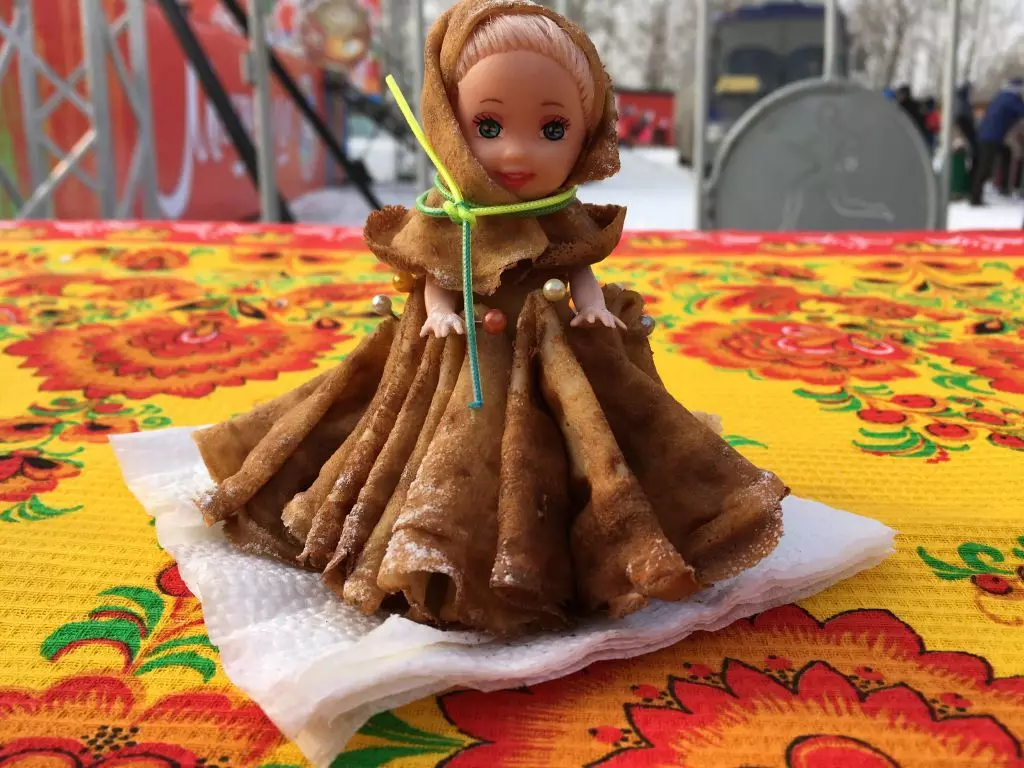
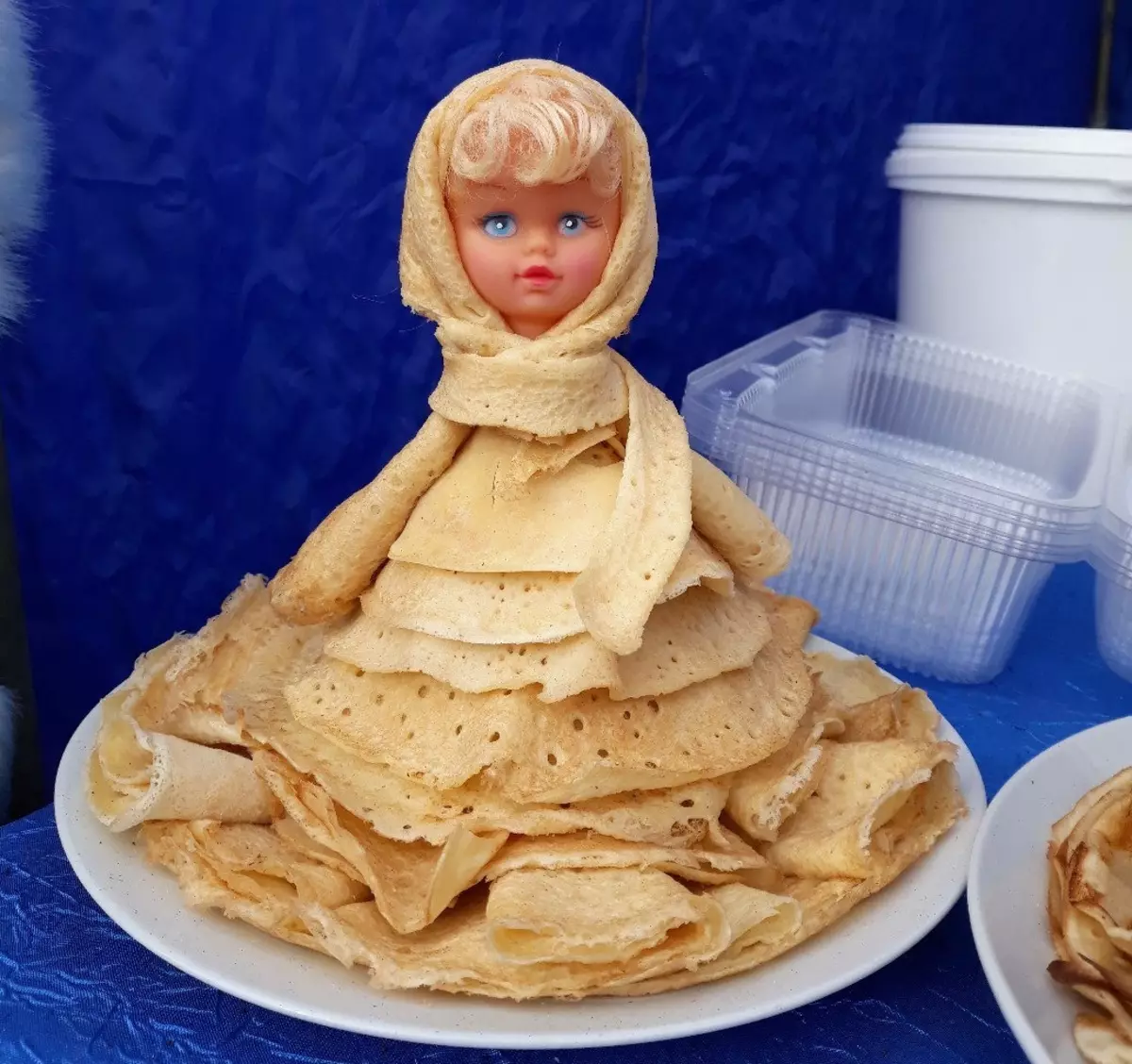
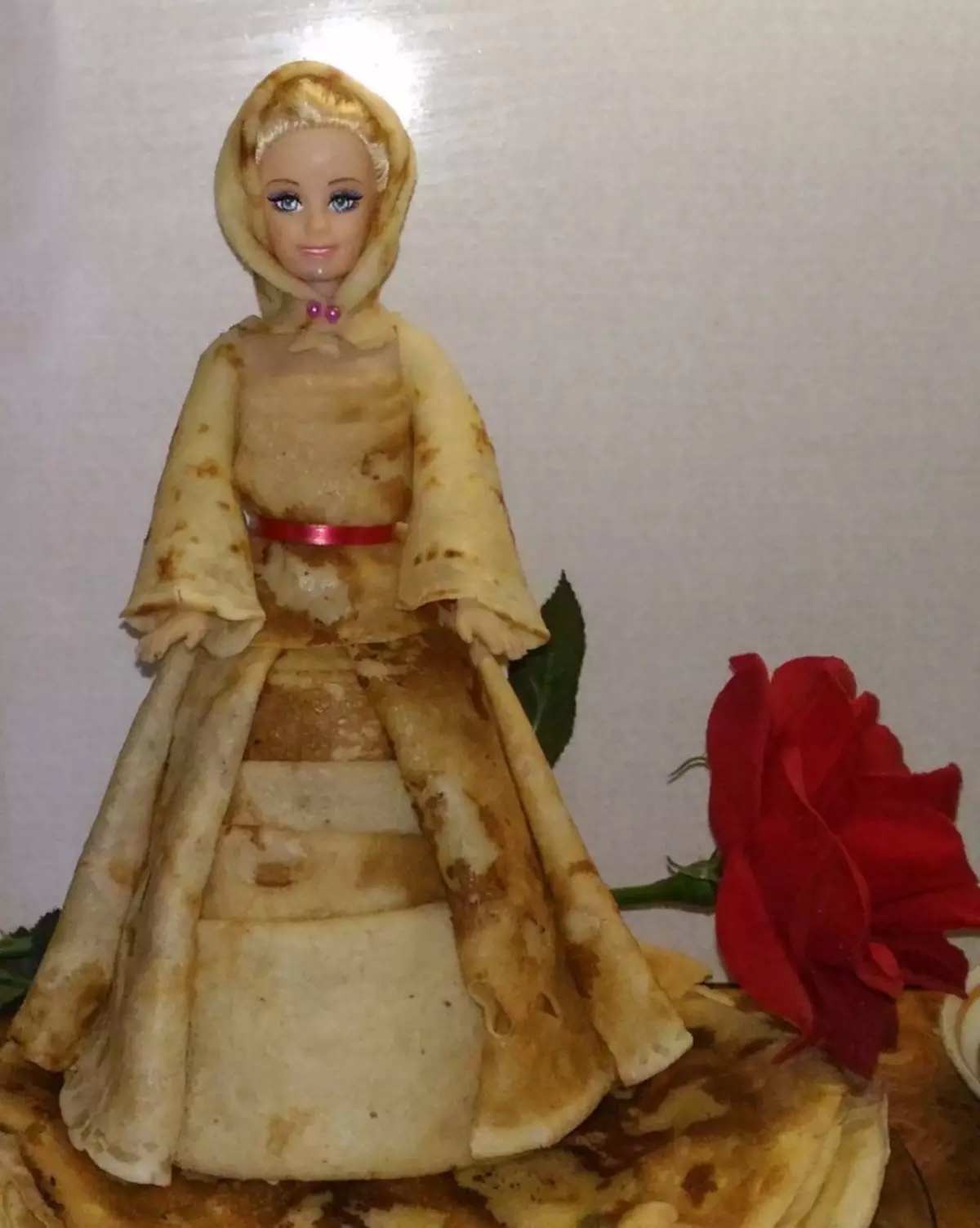
On the first day of the carniatic week you can do not only baking pancakes. Many people attend their relatives, friends, colleagues. They come simply for communication, as well as to help in the preparation of a festive table. In addition, it is on Monday that they collect the scarecrow, which will be sought on the last day of the festivities.
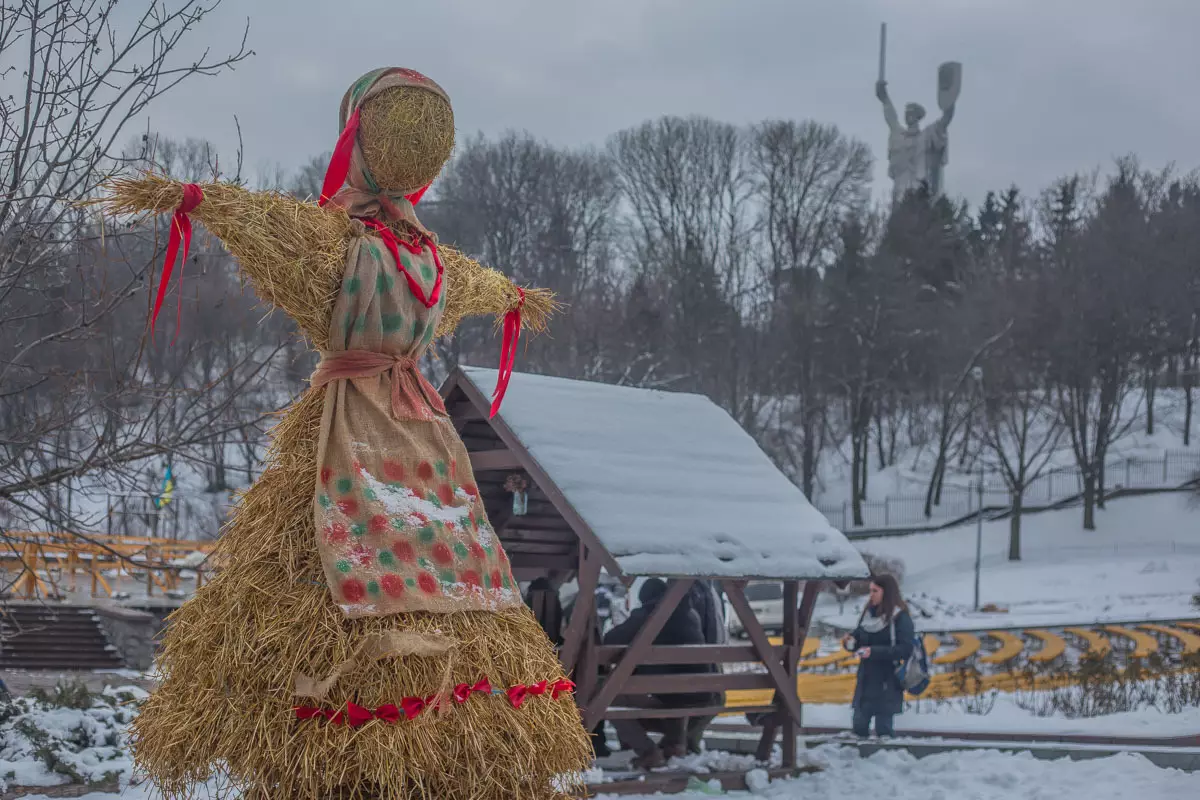
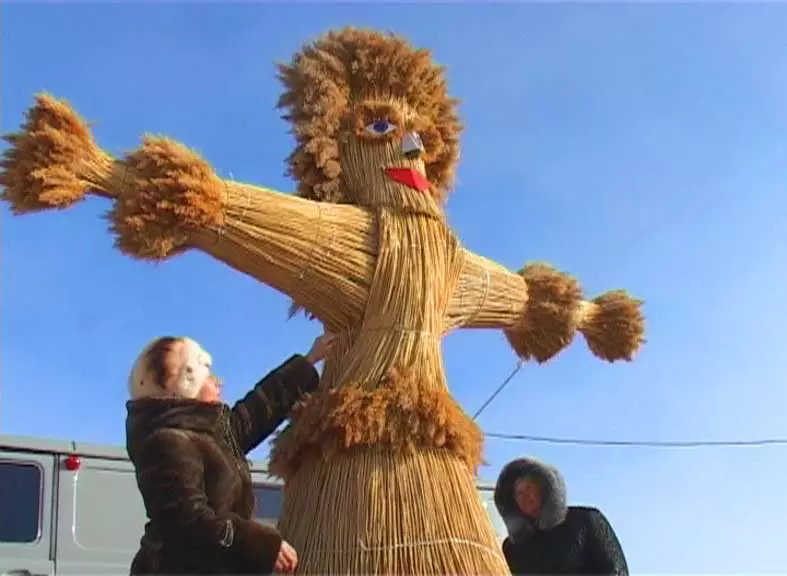
This is a very important part of the preparation for the holiday, in which every member of the family was obliged to participate. For the manufacture of stuffed, sprigs, straw, old fabric are used. Previously, the resulting scarecrow was planted on Sani and drove down the streets. Until today, this tradition has reached, but most often it is practiced in villages and villages.
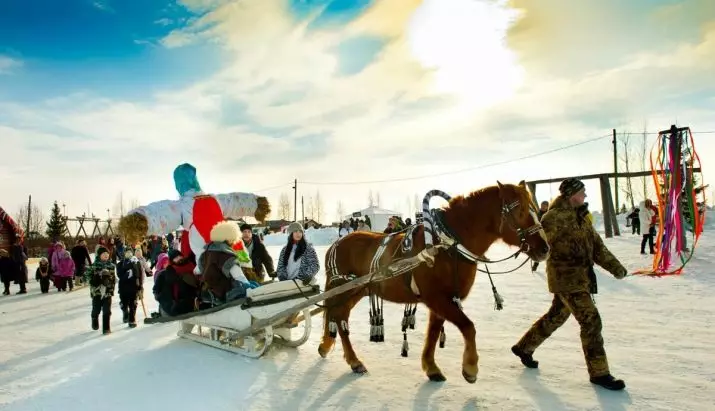
In addition to the already described traditions on Monday, the installation of decorations should be done. Previously, these were special bolagans in which crumbs performed, fair tents, intended for trading. The battles in the snowball were popular, therefore special snow barricades were installed for them. Today, all these customs also take place, and in the villages you can often see homemade slides, snow towns, big tents with tables for future dishes. In addition, on the first day of Maslenitsa, children give a task to dial twigs and straw. The collected items are intended for fires that will be lit, starting on Thursday.
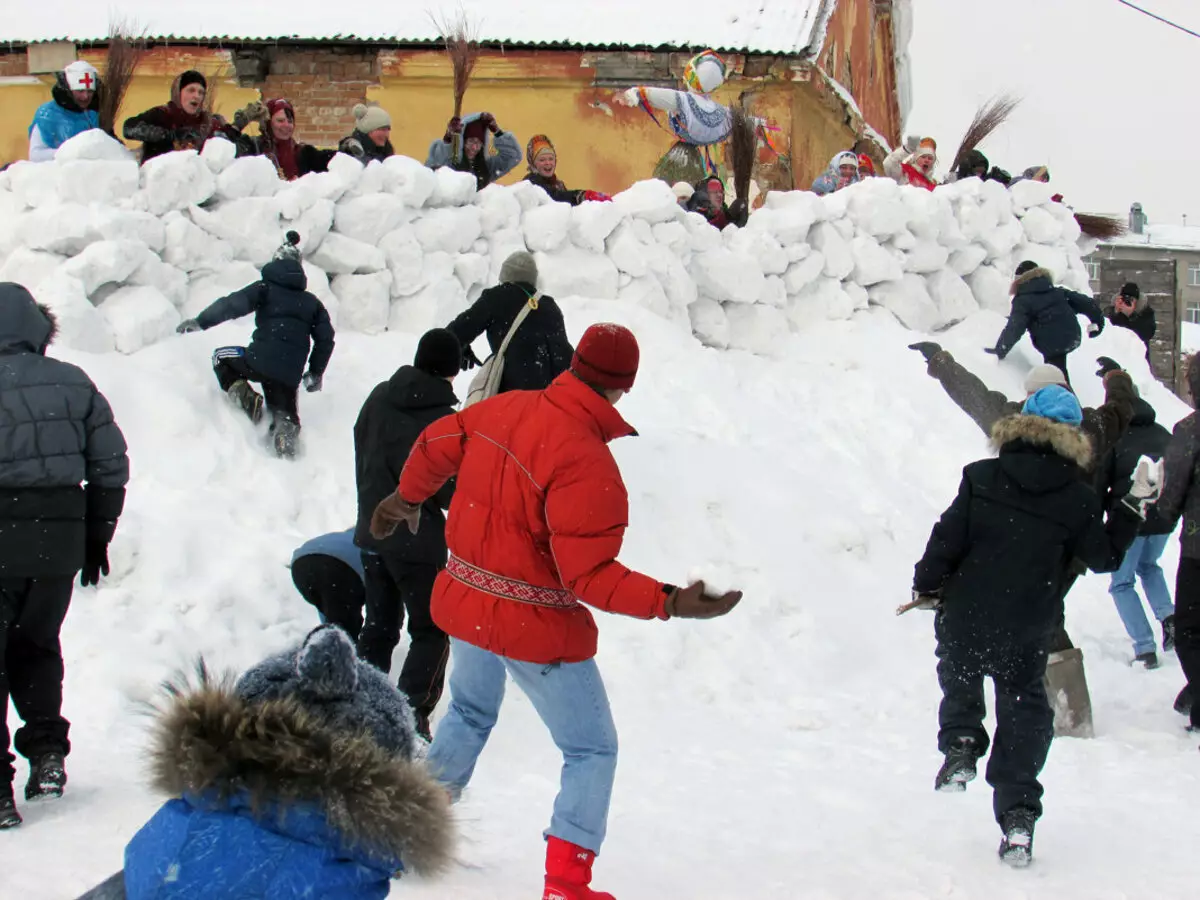
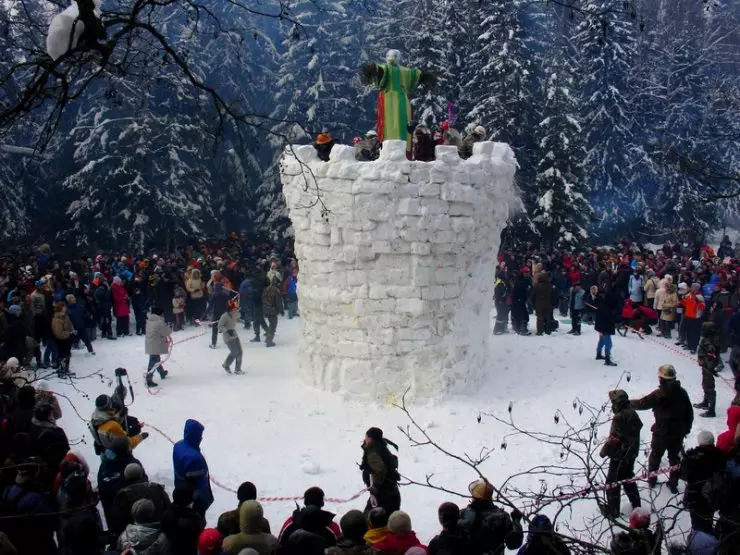
Review Visit
Maslenitsa is one of those holidays that literally "overgrown" by signs. The point here is in his antiquity - after all, the Maslenitsa was celebrated in pre-Christian times. Those who love this celebration very much and believes in signs, it will be useful to familiarize themselves with some folk beliefs that have come to this day.
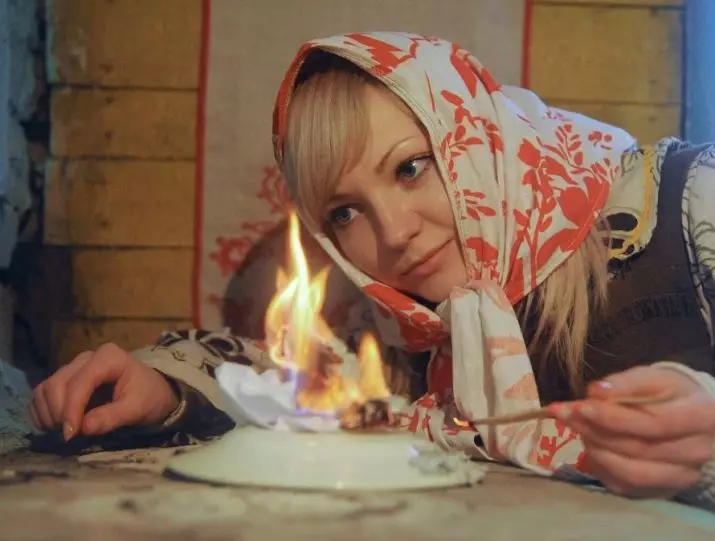
About success and failure
Pancakes are the main treats of the carnival table. And, of course, it is from them that festive signs begin. And progress, and the troubles of Slavs have always determined according to the resulting pancakes. One of the receipt we already mentioned: the first damn should be given to the poor. Thus, they attribute prayers to the ancestors, and those, in turn, protect the family from diseases and misfortunes for next year. But there are other common beliefs:
- The hostesses must bake as much pancakes as possible: if there are few them, the family will experience in financial plan;
- The first rosy and roasted pancake means that the family will be healthy physically;
- Openwork and thin first pancake symbolizes ease of life, successful problem solving, while thick and ugly - all kinds of trouble and complex tasks.
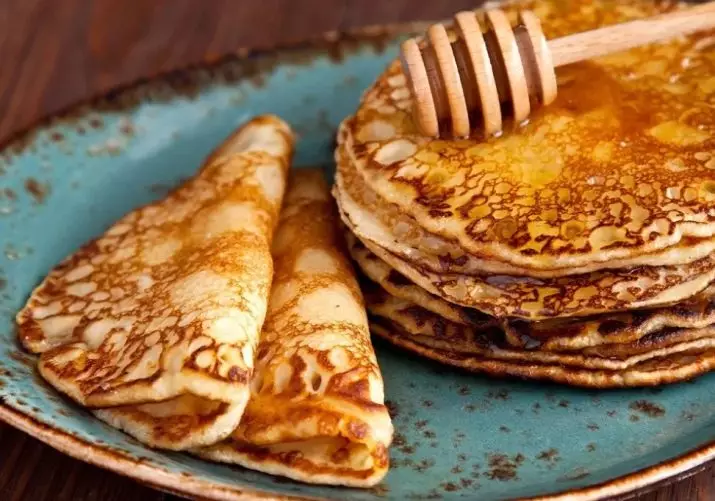
About the weather
Weather signs are considered one of the most faithful. After all, people have learned to read the signs of nature and correctly interpret them. Not exceptions and signs for Carnival:
- Raw, gloomy Sunday on Monday's Eve - Guarantee of a large number of mushrooms in the spring forest;
- Frost and blizzard, which arrived right before the holiday, mean a good warm summer without exhausting heat;
- Rain, snow, slush and other unpleasant weather phenomena will pay off in spring: it will be warm and sunny;
- The abundance of icicles in the carnival week is a sign that the year will be successful for many undertakings.
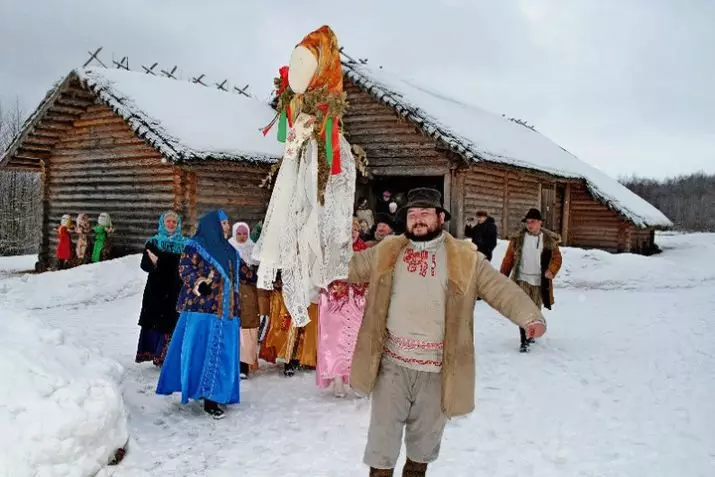
About the wedding
Maslenitsa in ancient Russia was considered a great time in order to find himself narrowed. Unions concluded during this period were strong and unshakable, and families lived in prosperity and happiness. In Orthodox churches, there is also such a tradition - to look for your pair on the carnival. However, the weddings are customary after the Great Post. Consider a few interesting admission for unmarried:
- The first beautiful pancake, the resulting from the girl, meant that she would soon be married soon;
- The adhesive and burned pancake - a sign that this year the lady will remain unmarried;
- The number of holes in the pancake is the number of children who will be in the family;
- The uneven edges of the product symbolize the groom with negative features of character, smooth - the faithful and loving spouse;
- The name of the first oncoming, to whom the lady gives the made personally damn damn, will be the name of it narrowed.
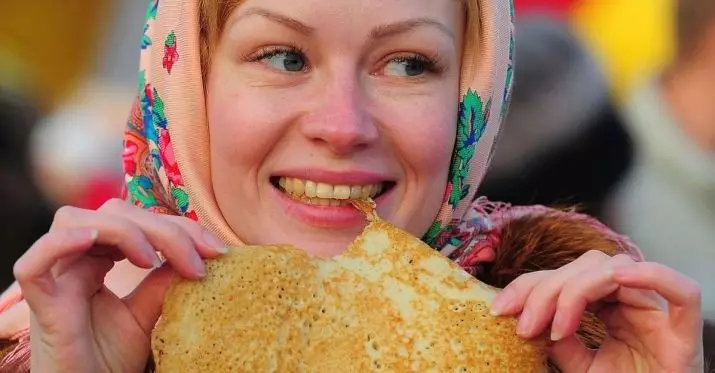
What can not be done?
Those who are going to meet a holiday, are often wondering what numbers and what can be done. There are not much prohibitions, and their observance will be simple:
- It is undesirable to eat a lot of meat, and even better to remove it at all, replacing porridge, caviar, dairy and cheese products, fish, sweets, nuts;
- You can not quarrel with loved ones, friends, string scandals, squabbles, because the passenger week is intended primarily for reconciliation and establishing relations;
- It should not be celebrated in the house where the mess reigns, since the same mess will accompany you and the whole next year;
- In the first three days of the celebration (narrow carnival) you can safely wash, clean in the house, iron, but since Thursday, you should give themselves with fun and celebrations.
"Meeting" is only the beginning of a saturated tradition of the week, but at the same time it is the hardest day of the celebration. And not only because there is a lot of purchases and start cooking festive dishes.
This is also the day when the hostess must free the apartment from garbage and unnecessary trash, accumulated over many years.


The scarecrow made of old things and burned on the last day of the carnival symbolizes the farewell to the old, awakening, the desire for a new life.
What does the carnival day mean, look in the video.
